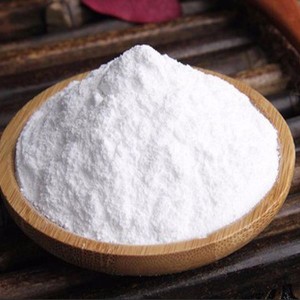Among bulk amino acids, the fermentation production of glutamic acid, lysine, and threonine is relatively mature, while methionine, which is also a bulk amino acid, is still mainly synthesized through chemical methods. Synthetic biology technology is expected to accelerate the process of replacing fermentation methods. For small varieties of amino acids, synthetic biology techniques can further improve strain efficiency or accelerate the process of fermentation substitution.
The fermentation method for producing methionine has the advantages of wide raw material sources, environmental friendliness, and low potential production costs compared to the chemical method for producing DL methionine , but there are difficulties in industrialization. In 2014, South Korea’s CJ achieved industrialization through a two-step process of fermentation and enzyme catalysis. Academician Zheng Yuguo’s team has made progress in the synthesis of L-methionine through full fermentation, which is expected to overturn the industry landscape of methionine.
Tryptophan, valine, arginine, and isoleucine have been widely used in the feed industry. Phenylalanine, histidine, and leucine have great potential for application in the feed industry. Synthetic biology technology helps to construct strains with high yields of these small amino acids, which is conducive to further reducing the production cost of fermentation methods, promoting the expansion of application and demand growth of these small amino acids.
Post time: Apr-03-2024
